Consuming adequate protein every day is vital for overall well-being. Good protein sources include eggs, nuts, lean meats, fish, dairy, and some grains.
Proteins are a broad class of molecules that maintain cell structure, support immune defense, enable movement, catalyze chemical reactions, and assist in hormone production, among other roles. They are built from small units called amino acids. Nine of these are essential — your body cannot synthesize them, so they must come from your diet.
Beyond being crucial for bodily functions, protein intake also promotes satiety, which can help with maintaining a healthy weight.
The recommended dietary allowance (RDA) for protein is 0.36 grams (g) per pound of body weight (0.8 g per kilogram). Keep in mind this represents the minimal amount to meet basic physiological needs.
Below are 16 tasty foods that are high in protein.

1. Eggs
Whole eggs supply readily absorbed protein and are loaded with vitamins, minerals, healthy fats, and antioxidants.
Egg whites are nearly pure protein, but consuming the whole egg — including the yolk — provides additional nutrients like vitamins, minerals, antioxidants, and beneficial fats.
2. Almonds
Almonds are nutrient-dense tree nuts that contain fiber, vitamin E, manganese, and magnesium, and they’re a strong plant-based protein source.
Including almonds in your diet may help support heart health by reducing risk factors such as high LDL (bad) cholesterol and elevated blood pressure.
3. Chicken breast
Chicken breast is a top pick for boosting protein intake. Along with protein, it supplies a range of B vitamins and minerals like zinc and selenium.
4. Cottage cheese
Cottage cheese is a low-fat, low-calorie cheese that’s rich in protein. It also offers calcium, phosphorus, selenium, vitamin B12, riboflavin (vitamin B2), and other nutrients.
5. Greek yogurt

Greek yogurt, also known as strained yogurt, is very thick and particularly high in protein.
It has a rich, creamy texture and is a solid source of nutrients like calcium, vitamin B12, vitamin A, selenium, and zinc.
6. Milk
Dairy milk delivers a bit of nearly every nutrient your body needs. It’s a high-quality protein source and provides vitamins and minerals such as calcium, phosphorus, and riboflavin (vitamin B2).
Many individuals with lactose intolerance are unable to tolerate milk and other dairy items, and they often avoid foods that contain dairy.
7. Lentils
Lentils rank among the top plant-based protein sources, making them ideal for vegetarians and vegans.
They’re also abundant in fiber, folate, magnesium, potassium, iron, copper, and manganese.
Research indicates that regular consumers of lentils and other legumes tend to have lower risks of conditions such as heart disease and nonalcoholic fatty liver disease.
8. Lean beef
Lean beef provides a substantial amount of protein and is rich in bioavailable iron, zinc, selenium, and vitamins B12 and B6.
While red meat can be part of a balanced diet, moderation is advised. High consumption of red meat has been associated with increased risk of certain illnesses, including colorectal cancer.
Consider reducing red meat intake and emphasizing plant proteins, fish, and poultry more often.
9. Fish
Fish is an excellent protein source and supplies key nutrients such as iodine, selenium, and vitamin B12.
Frequent fish consumption is linked to lower incidence of conditions like heart disease and type 2 diabetes. Fatty fish, including salmon and herring, are rich in omega-3 fatty acids, which offer notable benefits for overall and cardiovascular health.
10. Quinoa
Quinoa contains fiber, folate, copper, iron, and zinc, and it is higher in protein than many other grains.
Quinoa is often labeled a complete protein because it includes all nine essential amino acids. Still, it is somewhat limited in certain amino acids, such as leucine.
11. Protein powders
When time is tight and preparing a meal isn’t feasible, protein powders can be a convenient option.
Whey, pea, and other protein powders can be mixed into shakes, smoothies, energy bites, or yogurt to boost protein content and increase feelings of fullness.
12. Ezekiel bread
Ezekiel bread differs from typical loaves. It’s made from organic, sprouted whole grains and legumes — for example, millet, barley, spelt, wheat, soybeans, and lentils.
Compared to breads such as white bread, Ezekiel bread provides more protein, fiber, and several key nutrients.
13. Pumpkin seeds
Pumpkin seeds offer minerals like iron, phosphorus, magnesium, and zinc, and they’re packed with plant-based protein and fiber.
Try sprinkling pumpkin seeds on salads, baked goods, oatmeal, or yogurt, or combine them with unsweetened dried fruit and almonds for an easy snack.
14. Turkey breast
Turkey breast is largely protein with very little fat and few calories. It also supplies selenium, zinc, and vitamins B12 and B6.
15. Shellfish
Shellfish — including shrimp, oysters, clams, and scallops — are excellent protein sources. They also contain healthy fats and several vitamins and minerals, such as selenium, zinc, vitamin B12, and iron.
16. Peanuts and peanut butter
Peanuts and peanut butter are nutrient-dense, delivering protein, folate, magnesium, and vitamin E.
The high protein content of peanuts and peanut butter may help increase feelings of fullness. Studies suggest adding peanut butter to a high-carbohydrate meal can blunt post-meal blood sugar spikes.
Frequently asked questions
What foods are very high in protein?
The highest protein foods usually include lean meats, poultry, and seafood. Eggs, legumes, nuts, seeds, and soy products are also good protein providers.
How can I get 100–150 g of protein a day?
Reaching 100 g of protein daily is achievable by selecting protein-dense items at each meal, such as Greek yogurt, chicken breast, and a salmon fillet. Plant-based choices like peanuts, beans, and tofu can also help meet that target.
How can I eat more protein?
Boost your protein intake by including protein-rich foods like lean meats, poultry, seafood, dairy, or eggs at every meal. Plant proteins — such as beans, legumes, nuts, and seeds — are great additions as well.
Is too much protein bad?
Excessive protein intake can strain the kidneys in people both with and without existing kidney disease and may raise the risk of kidney problems (46).
Consuming more than 35% of daily calories from protein may be excessive.
Are high-protein foods good for weight loss?
Lean, protein-rich foods can support weight loss by supplying essential nutrients and increasing satiety.
Learn more about protein and weight loss.
The bottom line
Meeting your daily protein needs is important for health.
Individual protein requirements vary. Experts often recommend active people aim for 0.54–0.9 g of protein per pound of body weight (1.2–2 g per kg) per day.
Fortunately, many high-protein options exist, from animal to plant-based sources.

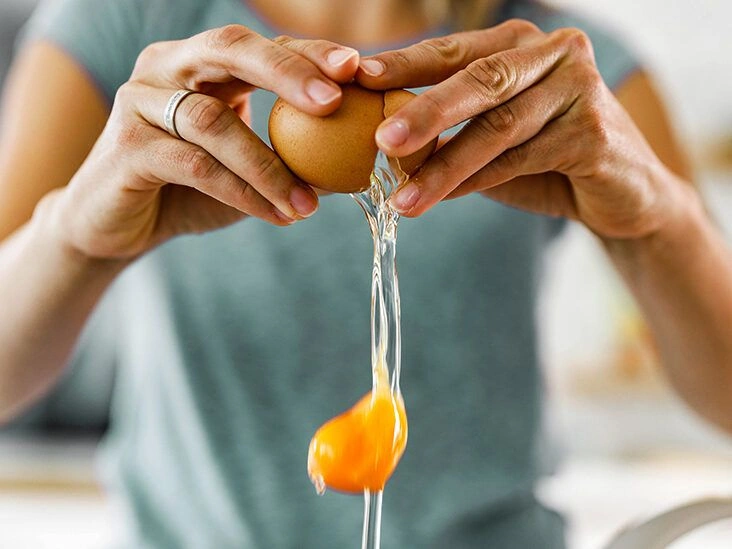
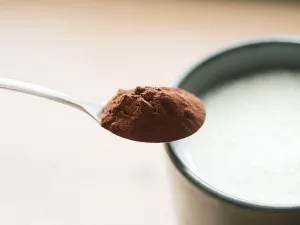

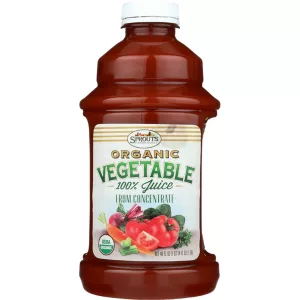
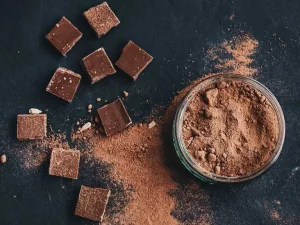
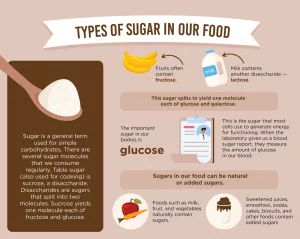


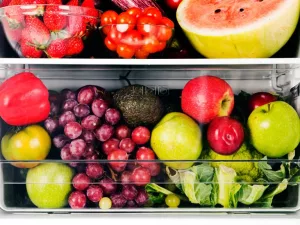








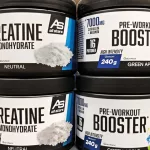






Leave a Reply
You must be logged in to post a comment.